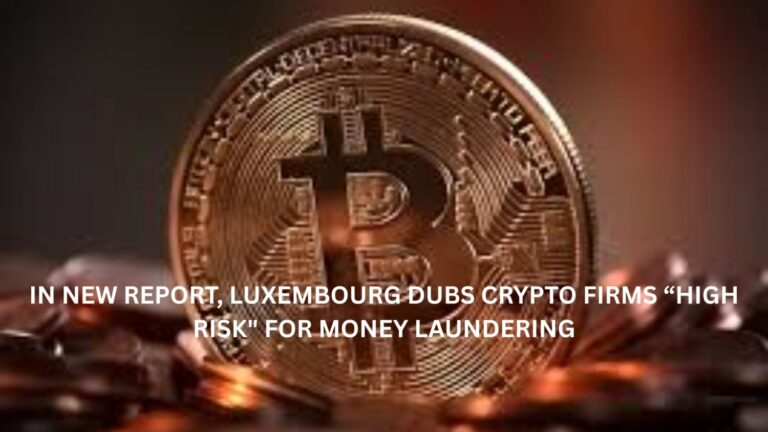Key Takeaways
- The report states the surge in crypto-related investment fraud is linked to “the increase in value of certain crypto assets and growing media attention around crypto investments.”
- The report adds that the inherent risk level of Virtual Asset Service Providers is deemed “High,” and is mainly by factors such as transaction volume, client reach, distribution channels, legal structures and the international scope of operations.
Luxembourg has put out a new warning, much to the dismay of crypto enthusiasts. In its 2025 National risk Assessment report, the country noted that Crypto exchanges continue to carry high risks of money laundering, while adding that the risks remain high irrespective of the drop in transaction volumes over the past two years.
“The involvement of non-compliant crypto service providers with insufficient levels of KYC in offshore jurisdictions remains one of the main challenges in many cryptocurrency investigations as they often give rise to lengthy MLA procedures” the report adds
As per the findings in the reports, crypto use especially tied to investment fraud, has become “more prevalent,”.
The report states the surge in crypto-related investment fraud is linked to “the increase in value of certain crypto assets and growing media attention around crypto investments.”
The report adds that the inherent risk level of Virtual Asset Service Providers is deemed “High,” and is mainly by factors such as transaction volume, client reach, distribution channels, legal structures and the international scope of operations.
The latest report comes amid increasing reports of crypto exchanges being leveraged to engage in money laundering. Earlier this year, European law enforcement, Europol arrested 17 suspects of a “mafia crypto bank” who are said to have laundered more than 21 million euros ($23.5 million) in crypto for criminal entities in China and the Middle East.
Luxembourg is taking a cautious approach towards crypto as is reflected in the country making full advantage of MiCA’s 18-month transitional period. Earlier this month, crypto firm Bitstamp became one of the first leading exchanges to secure its CASP license under MiCA from Luxembourg’s financial regulator, the Commission de Surveillance du Secteur Financier (CSSF).



